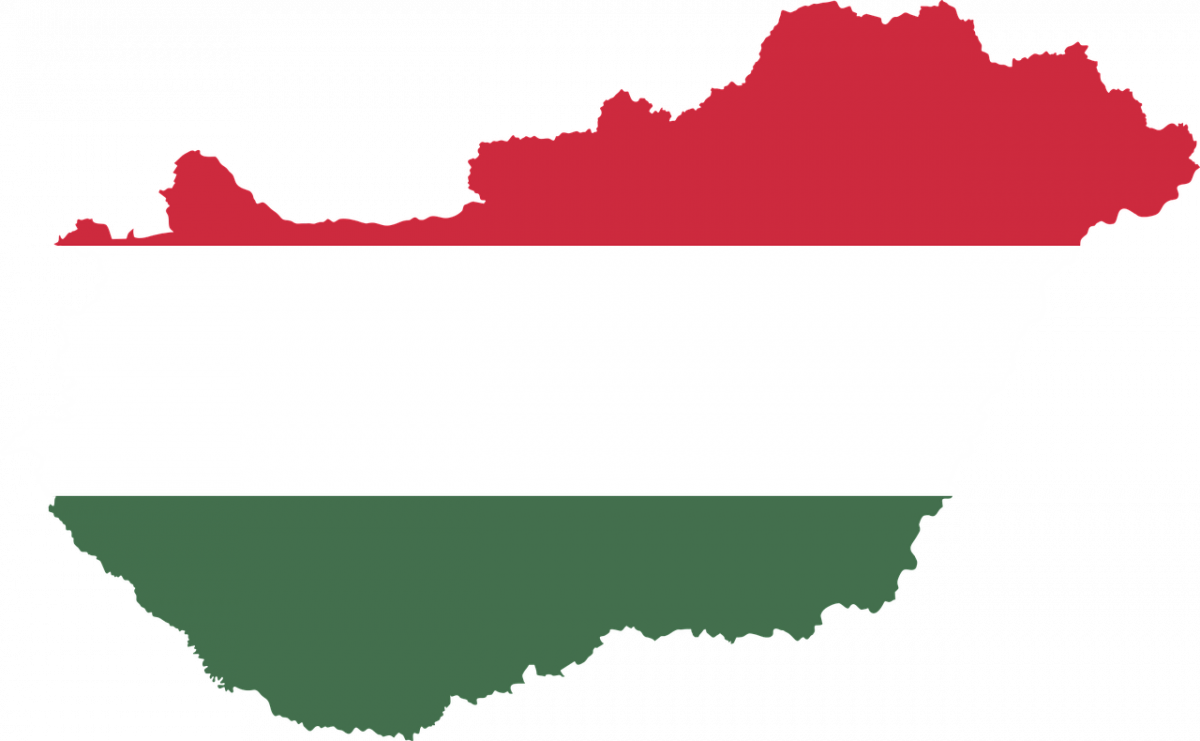Hungary is no longer under the influence of the Soviet Union. The same cannot be said of its relationship with Putin’s Russia. On September 11, TASS reported Hungary’s Ambassador to Russia, Norbert Konkoly, made an official statement that Budapest remains “fully committed” to additional cooperation with Moscow on nuclear energy. The timing of the statement coincided with the start of Russia’s Rosatom Paks-2 expansion project for Hungary’s new VVER nuclear units. Konkoly’s task — put to rest rumors that Hungary might replace Russian nuclear fuel for the operating reactors of the Paks Nuclear Power Plant (NPP) with French suppliers.
Hungary’s leadership is intent on maintaining the flow of Russian oil and gas into the country and adamant about nuclear energy cooperation. Mateusz Kubiak, of the Jamestown Foundation, reported that in July 2023 alone Budapest imported 412 million cubic meters (mcm) of Russian gas. The country’s monthly consumption rate averages 300-400 mcm. Less than a month later, Peter Szijjarto, Hungary’s Prime Minister, announced publicly the earlier signing of a deal with Gazprom for delivery of an additional 5.8 mcm of gas via Serbia.
It appears Hungary will continue to block any EU attempts to impose sanctions packages on Russian energy firms, including Rosatom and its subsidiaries. In late September 2022, Euractiv reported that Szijjarto announced at an International Atomic Energy Agency meeting that Budapest viewed any attempt to impede “the construction of our nuclear plants as attacks against our sovereignty.” All of the country’s four operating nuclear reactors, connected to the grid since the 1980’s, are based on the VVER-440 Russian design. The fuel is supplied by Russia’s TVEL, the company that also provides fuel for similar reactors in the EU located in Finland, Czech Republic, Slovakia and Bulgaria. Other VVER operators in the EU have sought alternative fuel sources from Westinghouse to Framatome.
In contrast, Hungary’s position is that it does not have an alternative, according to Deputy Foreign Minister Levente Magyar. He claimed last month that “nobody by the Russians can guarantee [a supply] at the current level.”
The initial Paks-2 project intergovernmental agreement was signed with Russia in 2014. At the time Moscow agreed to provide 80 percent of the financing, 10 billion Euros of the project’s entire cost with preferential repayment terms. Regulatory issues pushed back the operational date from 2026 to 2030.
The current timeline leaves little room for delays, according to Rosatom. Past delays on Paks-2 stalled the project for years, including noncompliance issues with internal EU market regulations and its proposed handling of nuclear waste. The EU cut a deal with Hungary in 2017 to permit the Paks-2 project to continue if Hungary maintained its independence from Paks-1 and sold 30 percent of its electricity output on the open market. According to TASS, France and Germany remain cautious on what effect Hungary’s reliance on Russian energy will have on the country’s foreign policy and EU aid to Ukraine. Government officials in Budapest seen no problem with a heavy dependence on Russian sources for its energy security.
Currently Hungary is a net importer of energy, with a projected increase in its electric consumption from 40-45 terawatt hours annually to as high as 50-55 terawatt hours per year over the next decade. “Hungary’s commitment to its energy alliance with Moscow effectively prevents the European Union from sanctioning Rosatom and other Russian energy companies following Russia’s full-scale invasion of Ukraine,” says Kubiak. As much as 46 percent of Hungary’s electricity generation is derived from the four Paks nuclear reactors in operation. Using Russian nuclear fuel, they are capable of producing 2 gigawatts of energy. Their operating license is due to expire in 2030, although Hungary is attempting to extend the plants lifespans for an additional two decades to 2050. It places Hungary in an increasingly reliant position on Moscow. Hungarian Today notes that it has pushed some opposition members in the country to call for Budapest to hold consultation with the Visegrad Group, made up of the Czech Republic, Hungary, Poland, and Slovakia, and other EU members to avoid “putting all its eggs in once basket.” Analysts in Washington point out that it is highly unlikely that Budapest will change its energy position in the coming years with alternative, non-Russian fuel supplies or abandon the Paks-2.
Daria Novak served in the U.S. State Dept.
Illustration: Pixabay
